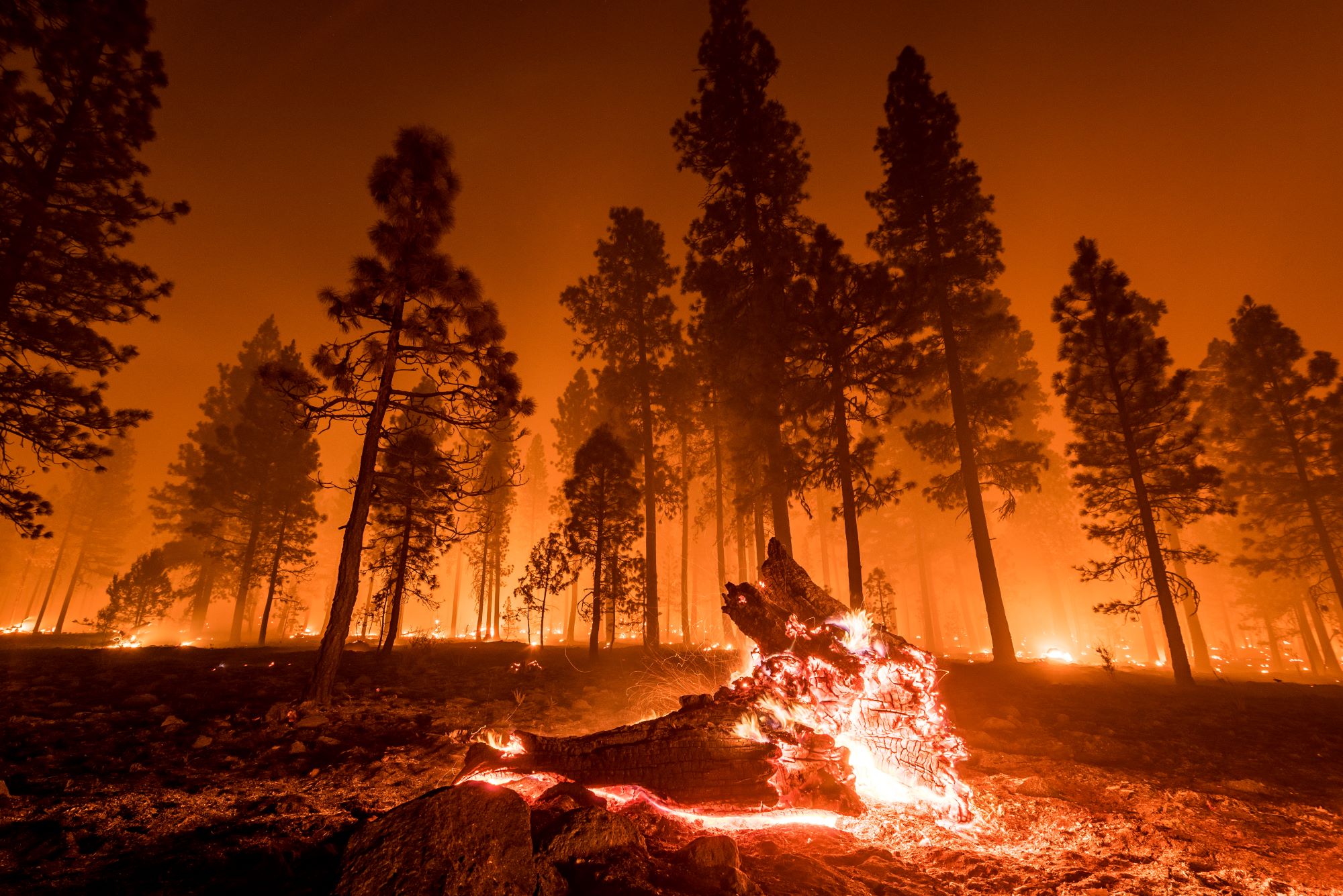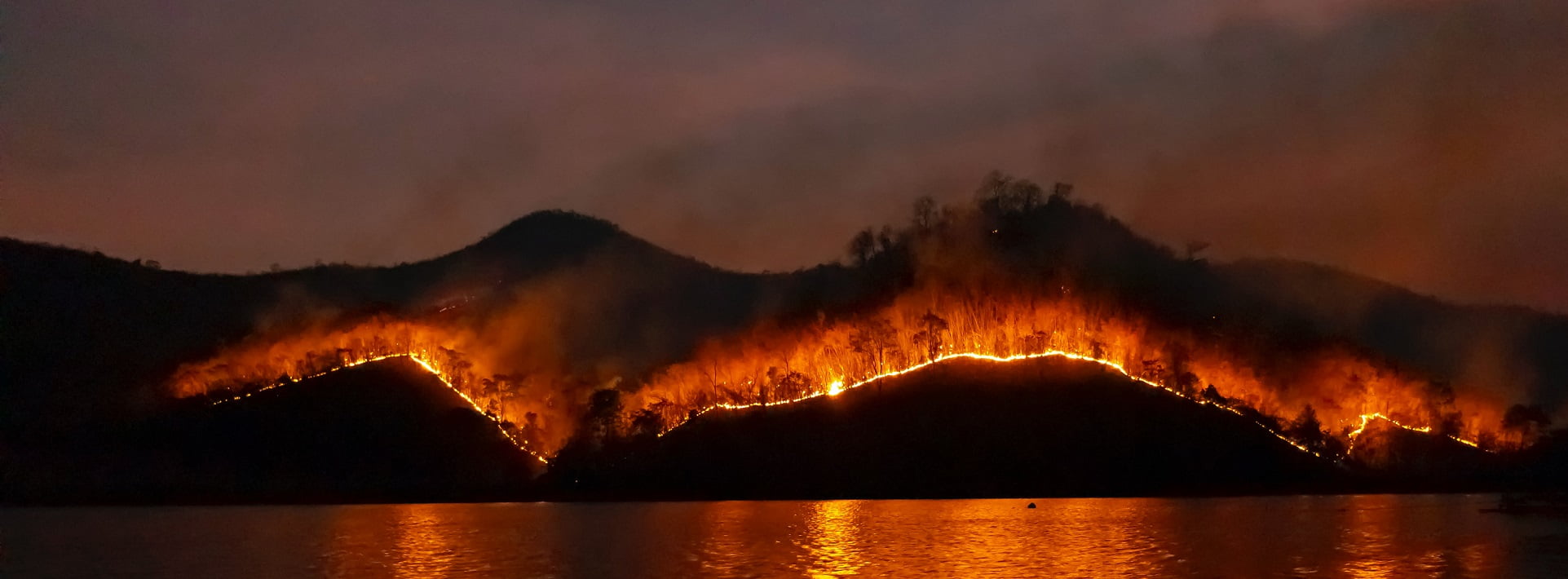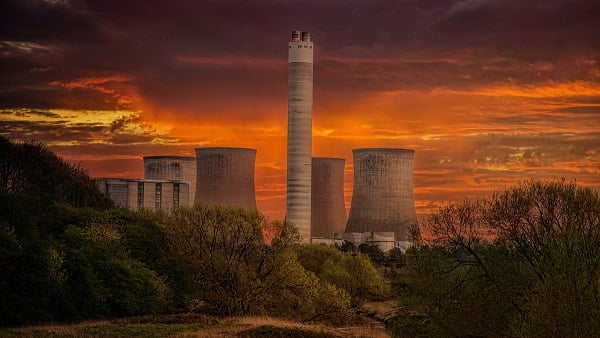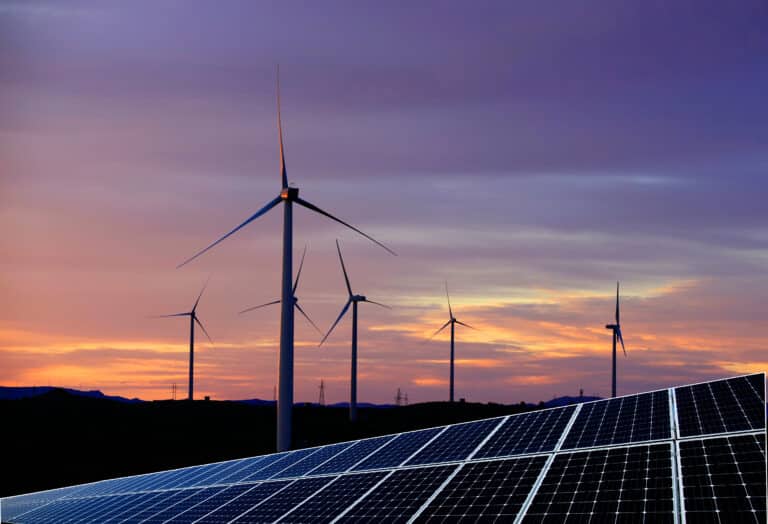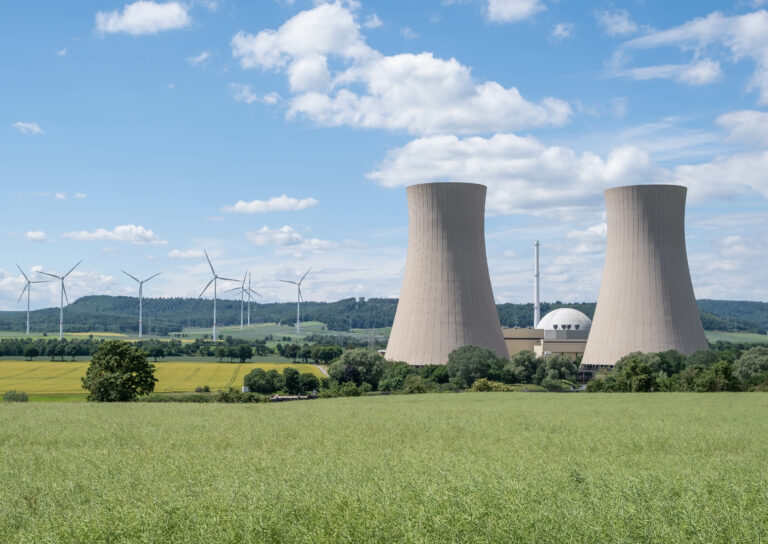Rising global temperatures reach concerning level
According to the latest UN report, global average temperatures will rise by 1.5°C in the next two decades. The UN Climate panel revealed that over the next ten years, temperatures will far exceed predictions and reach levels that world leaders were hoping to prevent.
Data shows that since 1970, temperatures have increased at a quicker rate than any other 50-year period in the last 2000 years.
UN scientists claim that human behaviour is impacting the climate in “unprecedented and sometimes irreversible ways” and that we will see temperatures surpass a key limit in just over a decade.
In the same report, scientists also said that sea levels reaching 2 metres by the end of the century “cannot be ruled out”.

In order to help stabilise the situation, deep cuts to reduce greenhouse gas emissions would be required on a global scale, according to the 42-page Summary of Policy Makers document.
Further reports are also set to follow over the coming months ahead of the COP26 Climate Summit in Glasgow.
UN Secretary-General, António Guterres, said: “Today’s IPCC Working Group 1 Report is a code red for humanity. If we combine forces now, we can avert climate catastrophe. But, as today’s report makes clear, there is no time for delay and no room for excuses. I count on government leaders and all stakeholders to ensure COP26 is a success.”
Extreme weather events are becoming more prevalent
There has been a significant increase in the number of extreme weather events in recent years. Currently, Southern Europe is battling catastrophic wildfires across parts of Greece, Italy and Turkey, while fires also burned almost 15 million acres of Northern Russia earlier this year.

Thousands of people have fled the Greek capital of Athens to escape the damage, while residents and holiday makers were also ferried off the island of Evia, with fires burning out of control for five days.
Eight people were killed in Turkey, along with countless animals as fires destroyed forests close to popular holiday destinations, including Marmaris, in the worst fires for at least a decade.
400 people were also evacuated from the Italian city of Campomarino Lodi in the Molise region as the flames spread dangerously close to residential areas. Meanwhile, two people were killed in Sicily where temperatures reached 45 degrees Celsius. The island has now declared a six-month state of emergency.
In the US, the Dixie Fire in California is the largest in the state’s history, covering an area of 700 square miles.
Meanwhile, Australia’s devastating bushfires between July 2019 and February 2020 resulted in nearly 3 billion animals being killed or displaced.
Extreme weather is expected to be the norm in the UK
Extreme weather is events are also expected to impact the UK on a more frequent basis according to new scientific data, with last year being one of the warmest, sunniest and rainiest on record.
The Met office and leading climate scientists have confirmed that the UK’s temperate weather could become a thing of the past, following an overall global trend.
UK weather records can be dated back to 1659 for central England, with a continuous record of temperatures from 1884 and rainfall from 1862. The data also compares sea temperatures and sea levels to gauge a bigger understanding of the impact of climate change.
The findings show that during the last thirty years, temperatures increased by 0.9°C and the UK was 6% wetter, compared to the previous thirty-year period.
The prediction of more frequent extreme weather in the UK was also supported by last year’s storms, with Ciara and Dennis hitting British shores only one week apart, bringing rainfall which was four times more than the monthly average.
Mike Kendon, senior climate scientist at the Met Office National Climate Information Centre, and lead author of the study, said: “The UK’s climate is already changing. The warming that we see is broadly consistent with what we see globally … and our climate seems to be getting wetter as well as warmer, and that’s consistent with our broad understanding of the process.”
How is the UK preparing to mitigate the impact of Climate Change?
Net Zero 2050
The UK has set some of the world’s most ambitious net zero targets, with the aim of reducing emissions by 78% by 2035 and becoming fully Net Zero by 2050. The next Carbon Budget will also include aviation and shipping emissions for the first time, ensuring all UK emissions are reported on when assessing the government’s Net Zero goals.
Renewable energy
The deployment of renewable energy projects is expected to continue to increase rapidly over the next decade as the UK looks to transition to a cleaner and more secure energy network.

The renewable energy market is expected to increase by 9% during the 2021-2026 period, reaching around 86.21 GW by 2026, up from 47.16 GW in 2019.
Green Gas
In a further attempt to help the UK meet its environmental and net zero goals, the government has introduced a new scheme to encourage the deployment of ‘Green Gas’ I.E. Biomethane produced by anaerobic digestion (AD).
The Green Gas Levy (GGL) will come into effect this year, to help fund the Green Gas Support Scheme (GGSS).
Green gas levy explained
Coal phase out
The UK coal phase out has been brought forward to 2024 in a major move to reduce carbon emissions created by the use of fossil fuels. Unabated coal will be removed for the energy mix, with coal plants being upgraded or shut down completely.

Low carbon funding
The government has backed a number of sustainability funds to encourage decarbonisation and energy efficiency in both the public and private sector.
Public Sector Decarbonisation Fund
In 2020, The Department for Business, Energy and Industrial Strategy (BEIS) launched a £1 billion Public Sector Decarbonisation Scheme, delivered through Salix Finance.
The programme was divided into two parts; the Low Carbon Skills Fund which finances a survey to assess the opportunities for the grant; and the Public Sector Decarbonisation Scheme, which allowed public sector organisations to apply for grant funding to improve energy and carbon saving within their buildings and the identified heat decarbonisation, building structure improvements, and related energy efficiency measures.
Phase Two
BEIS then announced the availability of further government grants to allow public sector organisations to develop Heat Decarbonisation Plans under the Low Carbon Skills Fund to be administered by Salix Finance.
Phase 2 of the Public Sector Low Carbon Skills Fund provides £11.5 million of grant funding for eligible public sector organisations (including schools), with the Application Portal opening at 14:00 on Wednesday 28 July 2021, as well as £3.5 million of grant funding for maintained and academy schools only, with the Application Portal opening at 14:00 on Monday 13 September 2021.
Further Phases
It is expected that BEIS will open up further rounds of funding over the coming years to improve the sustainability of public sector buildings. Any additional rounds will be announced via the Zenergi website.
What can your organisation do to improve its sustainability?
Organisations need to take decisive action in decarbonising their buildings, and Zenergi has the expertise to help.
Conduct an energy audit on your building
Building energy audits can play a key role in identifying the path to reducing carbon emissions though a strategic plan of works, while delivering immediate cost savings.
The audit provides a comprehensive review of the energy used across your building portfolio to gain insight into areas where cost effective energy, operating and carbon savings can be achieved. It provides quantification of the costs, savings, and estimated return on investment of each opportunity identified. The savings identified through low cost and no cost measures typically pay for the audit within a year.
Comply with mandatory carbon and energy reporting
Mandatory government schemes, such as the Energy Savings Opportunity Scheme (ESOS) and Streamlined Energy and Carbon Reporting (SECR) require qualifying businesses to report on their energy usage, or potentially face penalties.
Switch to green gas and green energy contracts
Businesses can request that all, or a significant amount of their gas and electricity supply is green, which means it comes from renewable sources, helping towards broader environmental commitments.
Invest in renewable energy technology
Installing renewable energy projects on new and existing buildings can not only reduce the carbon footprint of your organisation but potentially create an additional revenue stream via a power purchase agreement.
Projects which could be installed include:
- PV Solar power generation
- Wind turbine power generation
- Combined Heat and Power
- Heat pumps
- Biomass boilers
- Waste heat recovery (industrial processes)
Climate Reporting for the Public Sector
A recent survey by The Chartered Institute of Public Finance and Accountancy (CIPFA) revealed that only 56% of public sector organisations report on their climate impact.
Of the 44% which did report on their climate impact, around half stated that they only used the standard definition of sustainability, while only 25% confirmed they had used an auditing or verification process.
In an attempt to improve reporting within the public sector, CIPFA identified seven key areas for the development of public sector sustainability reporting:
- Clarity on the definition and scope of sustainability reports
- Greater institutional/organisational focus and commitment to public sector sustainability reporting
- Development of skills and capabilities needed to deliver sustainability reporting
- Determination of the role of audit and assurance
- Increased scrutiny of sustainability reports
- Acceleration of efforts to harmonise existing frameworks and standards
- Integration of sustainability information with other forms of reporting
Helpful Resources
The Ultimate Guide to Net Zero Emissions 2050
The Ultimate Guide to Electric Vehicles and EV Charging
Demystifying Decarbonisation
How to be a green superhero: A guide to saving energy and the planet
Myth Busting Solar PV

